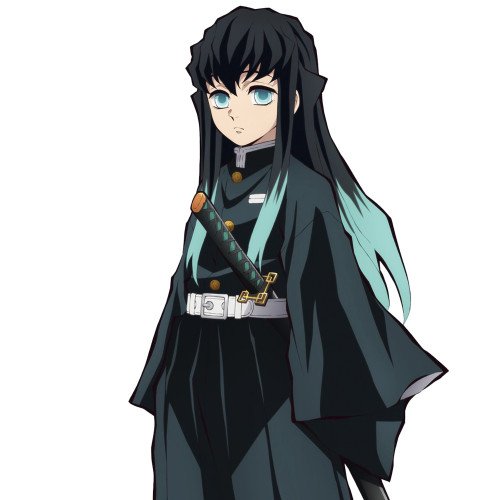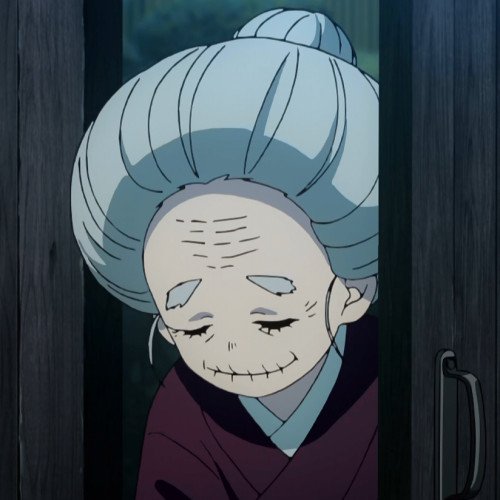Muichiro Tokito VS Hisa

Muichiro Tokito
Muichiro Tokito (時とき透とう 無む一いち郎ろう Tokitō Muichirō?) is a major supporting character of Demon Slayer: Kimetsu no Yaiba. He is a Demon Slayer of the Demon Slayer Corps and the Mist Hashira (霞かすみ柱ばしら Kasumi Bashira?).[3] When he was a child, Muichiro lived with his older twin brother Yuichiro Tokito and his parents. Unfortunately, Muichiro's mother died of a disease and his father fell off a cliff in search of medicine to cure her. This caused a change in Yuichiro, making him extremely unkind and apathetic. One day, a Demon attacked them, killing Yuichiro and leaving Muichiro on the brink of death and causing him to seal off a major part of his memories. A dying Muichiro was discovered by Amane Ubuyashiki and after being nursed back to full health, decided to train to join the Demon Slayer Corps, becoming a Hashira in less than 2 months, an extraordinary feat accomplished by his omnipresent hate for demons. After his brother's death, Muichiro also found himself becoming more and more like him, indifferent and apathetic. Muichiro and his older twin brother, Yuichiro Tokito, are the descendants of Upper Rank 1, Kokushibo.
Statistics for this Xoptio

Hisa
Hisa (ひさ Hisa?) is an old lady who welcomes Demon Slayers to rest in her house. Tanjiro Kamado and his group visit her after they fight Kyogai at the Drum House. Hisa is a short, old lady with wrinkled skin and thick eyebrows. Her bulky, gray hair is tied into a medium sized bun with two strands poking out behind her ears. In most of her appearances, Hisa is seen wearing a plain maroon kimono with a purple sash with black zōri and white tabi socks. Not much is known about Hisa's personality, but she comes off as a very kind and welcoming person, bringing in the injured Demon Slayers without hesitation and providing multiple commodities. Despite Inosuke Hashibira's and Zenitsu Agatsuma impolite nature, Hisa is very patient with them and doesn't appear to be affected by their remarks. Hisa's family was once saved by the Demon Slayers. They started managing a free rest house for them as a token of gratitude for their work.